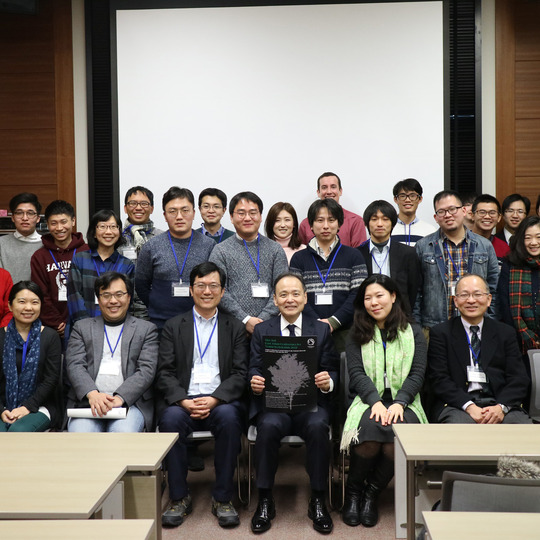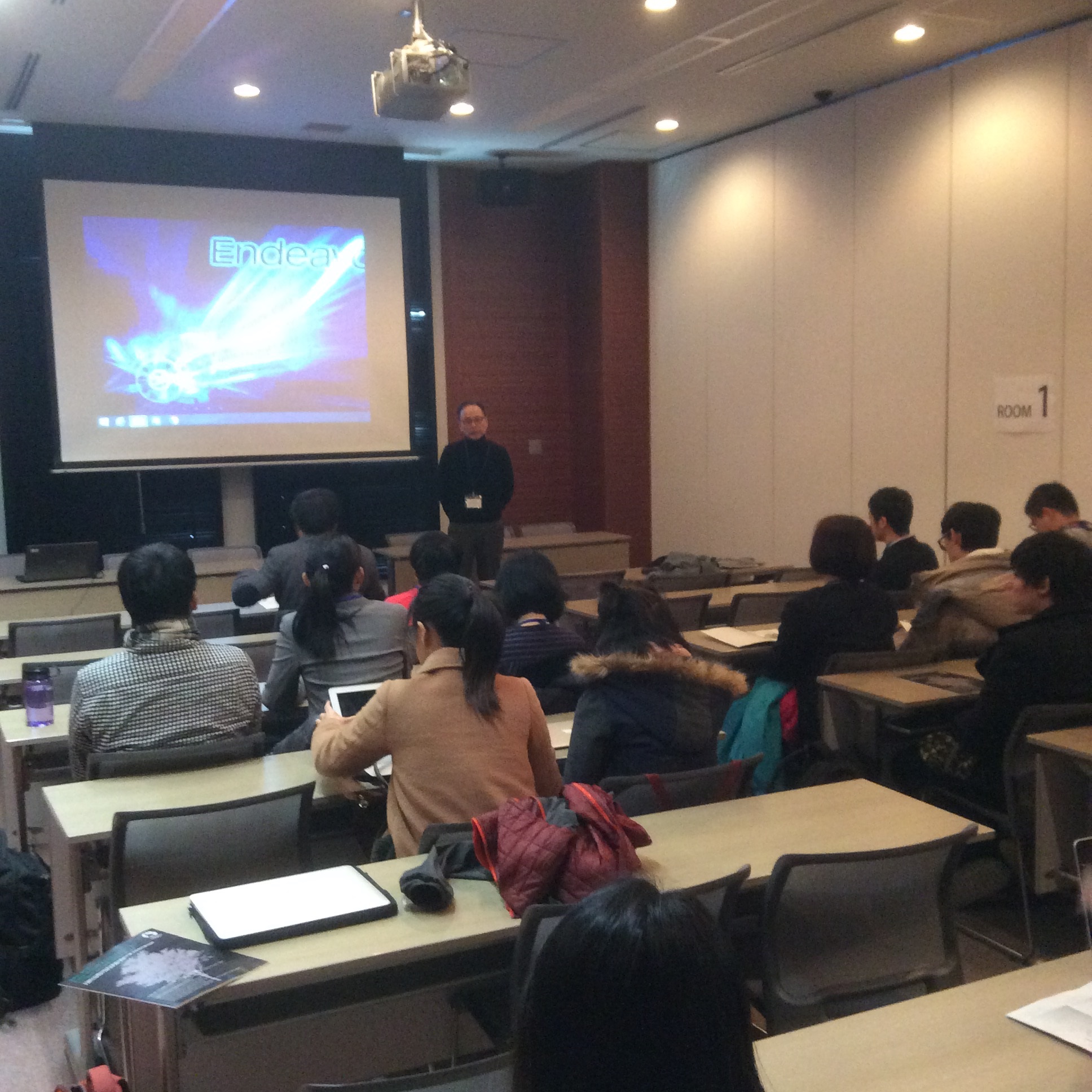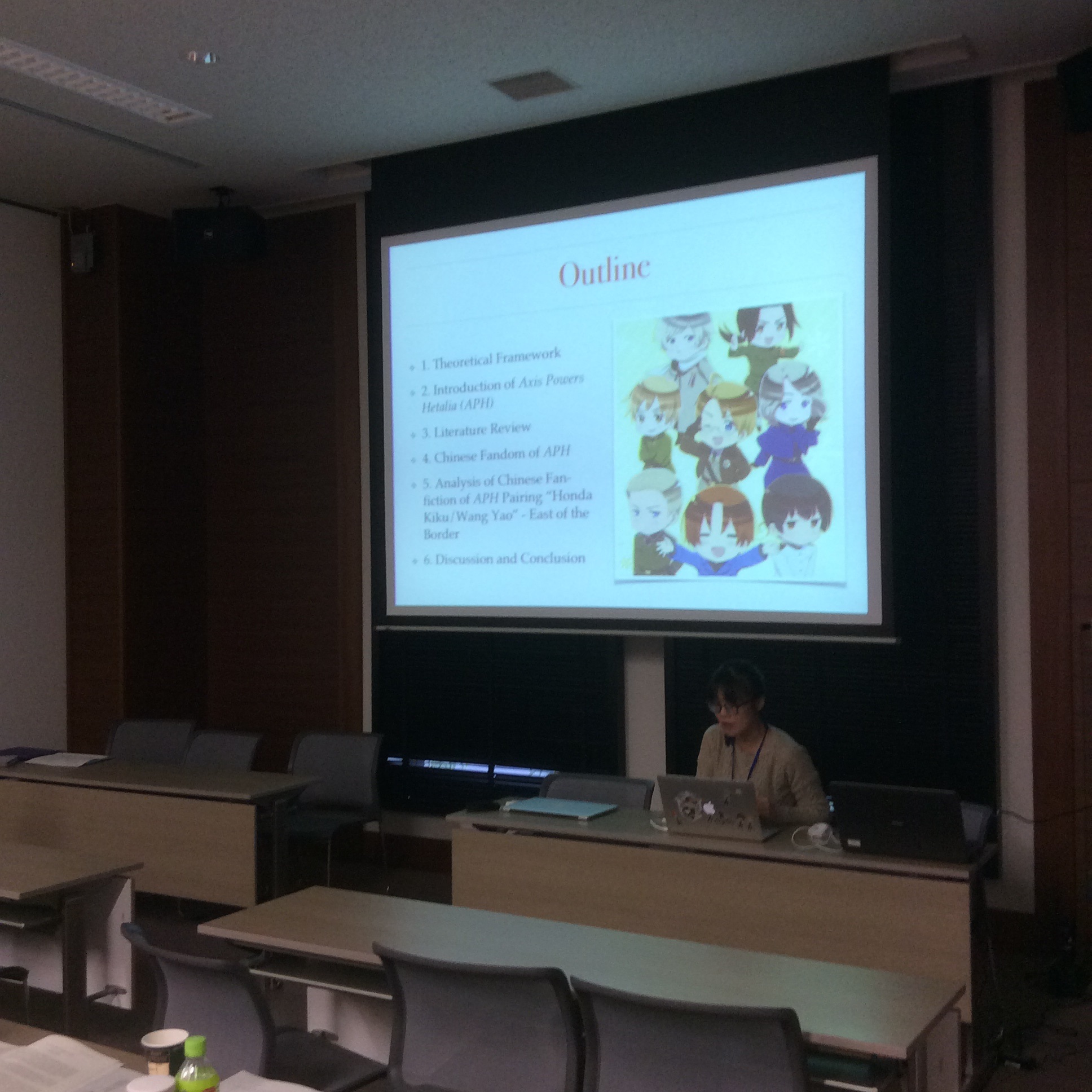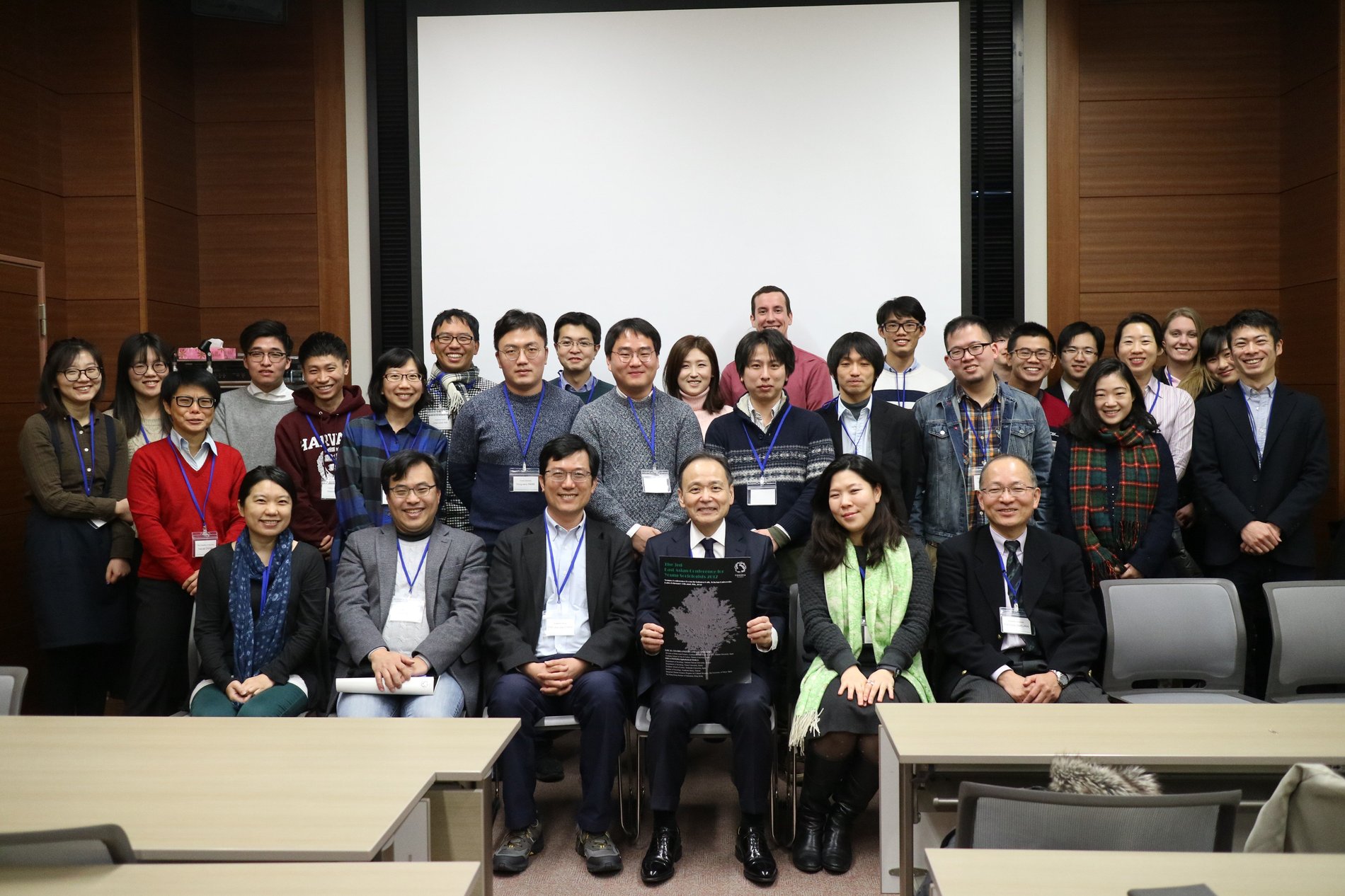
Report: The 3rd East Asian Conference for Young Sociologists 2017 Jia YANG
- Time and Date: February 6 (Mon.) to
- February 7 (Tue.)
, 2017- Location: Conference Room in Sakura Hall, Tohoku
- University (Sendai, Japan)
- Organized by
- The Educational Project 4 “Producing Multicultural Communities,” Integrated Human Sciences Program for Cultural Diversity, The University of Tokyo
Held at Tohoku University, Sendai, the 3rd East Asian Conference for Young Sociologists followed its tradition and continued to provide students from noted universities in Asia with a great platform to exchange ideas on a wide range of sociological issues. This two-day conference was divided into eight sessions, with each session focusing on one significant aspect of Asian societies. From marriage issues to labor market and to colonial heritage, I was able to have a glimpse of different aspects of nations and regions by listening to the papers presented at the conference.

Including the “Culture and Tradition” session at which I gave my own presentation, altogether I was able to participate in four sessions. “Selection and Marriage” was one of the most interesting sessions to me as the three papers presented represented different methodology and regional patterns, which might inspire further comparing studies. The first paper of this session adopted an ethnographic method and discussed the underlying mechanism that maintains the intimacy level of Chinese female migrant construction workers and their husbands. This paper discussed the role that social network plays in three types of migrant worker couples – kinship centered, fellowship centered and couple centered. The second paper used quantitative method and examined the impacts of asymmetrical preference by gender on “assortative mating” in terms of educational background in Japan. It argued that facing a structural difficulty to meet highly educated partner, women in Japan may change their preference from hypergamy, meaning marrying someone whose social status is higher than oneself, to hypogamy, i.e. marrying someone whose social status is lower than oneself. The last paper in this session used qualitative interviews to investigate the identity of highly achieving Chinese and Taiwanese immigrants in American and how their perceptions of identity would impact the marital choice. Each of the papers discussed the influence of one factor, namely social network, education background and identity, on the marriage issues in one particular nation: China, Japan and America, respectively. Therefore, I think it would be very enlightening if further studies could be done to examine how these factors influence marriage in different Asian nations or how the marital situation in these countries could be explained by other factors.

Aside from listening to the studies of other postgraduate students, I also had the opportunity to present my own research on Chinese fan-fiction of Japanese manga/anime series Axis Powers Hetalia (APH). Borrowing the concept of “text poachers” from Jenkins, my research intends to discuss how the popular anti-Japanese sentiments (in China) are negotiated with boys’ love fantasy. Hetalia depicts the everyday interactions between anthropomorphised nations under the backdrop of major historical events including WWII as well as international politics. The characters are mostly cute boys, each with a personality that represents a simplified and sometimes stereotyped culture generalisation of the referred country. Although the work received criticism in several countries for parodying controversial history into trivial quarrels among its characters, APH generally enjoys great popularity among its audiences worldwide, especially in the Asia region. Nevertheless, being a fan of APH, or Japanese ACGN (Animations, Comics, Games and Novels) culture as a whole, has its own cultural context in China. Chinese popular anti-Japanese nationalism sentiments have already been richly documented in academic works. However, seldom discussed is the growing influence of Japanese popular culture on Chinese urban and youth culture. By analysing the historically-based fan-fictions of the combination of Hetalia characters Wang Yao and Honda Kiku (personification of China and Japan respectively), I discussed how the grand nationalism narrative was interpreted and deliberated by APH fans.

What is most beneficial to me during this conference is that I got an invaluable chance to receive advices from other participants for my research. For example, I was suggested to analyse not only the text of fan-fiction but also the comments by other fellow-fans of the text. Moreover, some participants also pointed out that I could take an ethnographic perspective and study the fan-writers themselves. All these comments provided me with new angles to re-consider my research topic and inspired my further studies.
In conclusion, I am very appreciative of this wonderful opportunity for it not only allowed me to present my research and receive comments from fellow participants but also enabled me to listen to the stimulating topics by other students and to discuss the potential of our research with each other. It was indeed a wonderful experience and I am deeply grateful for all the organisers who made this conference a great success.
report date : February 14, 2017
